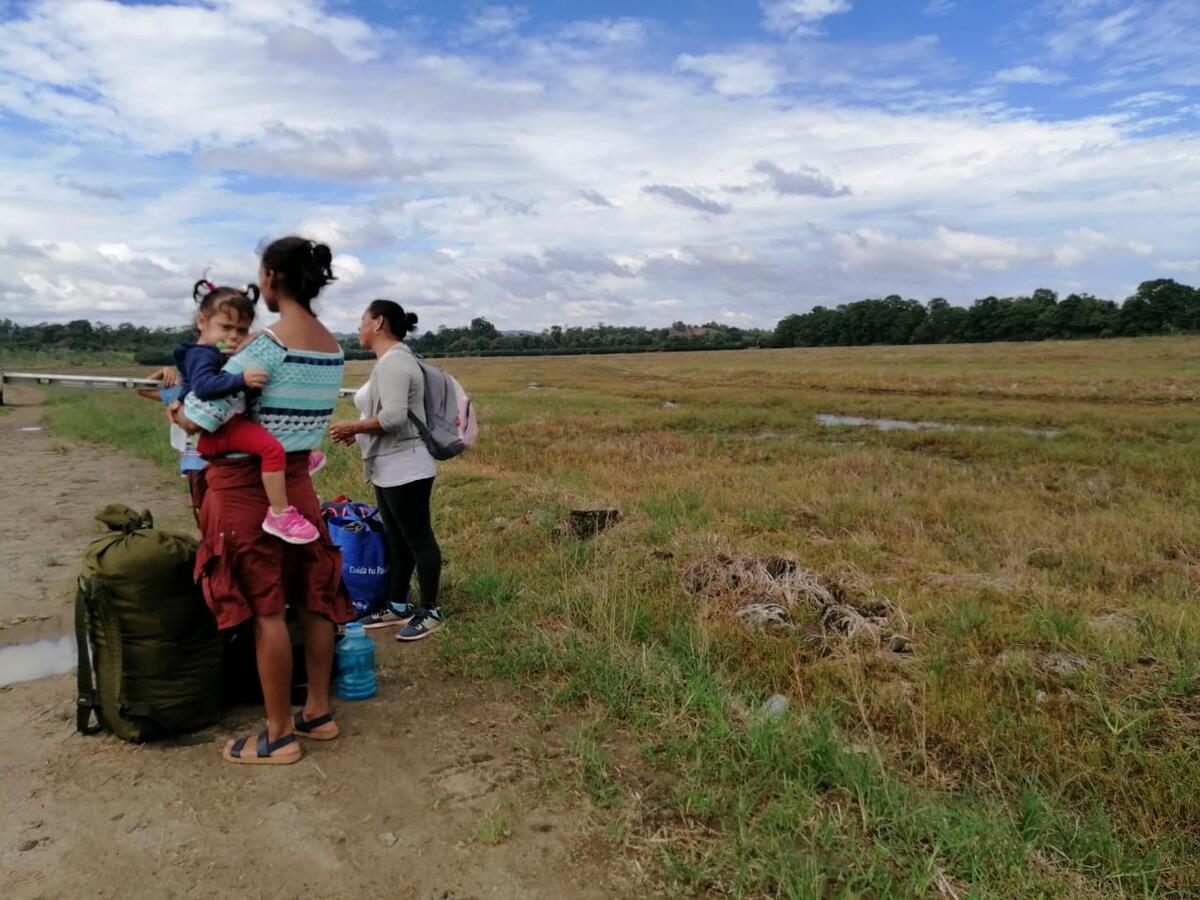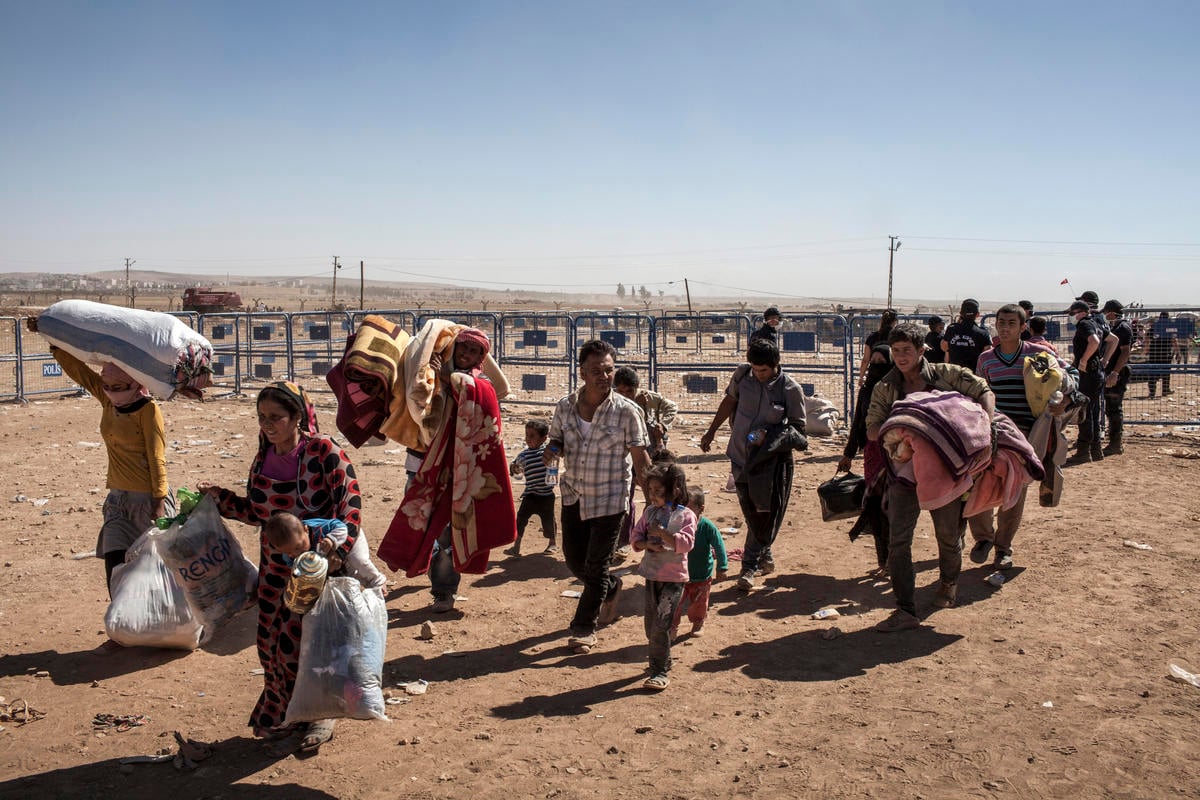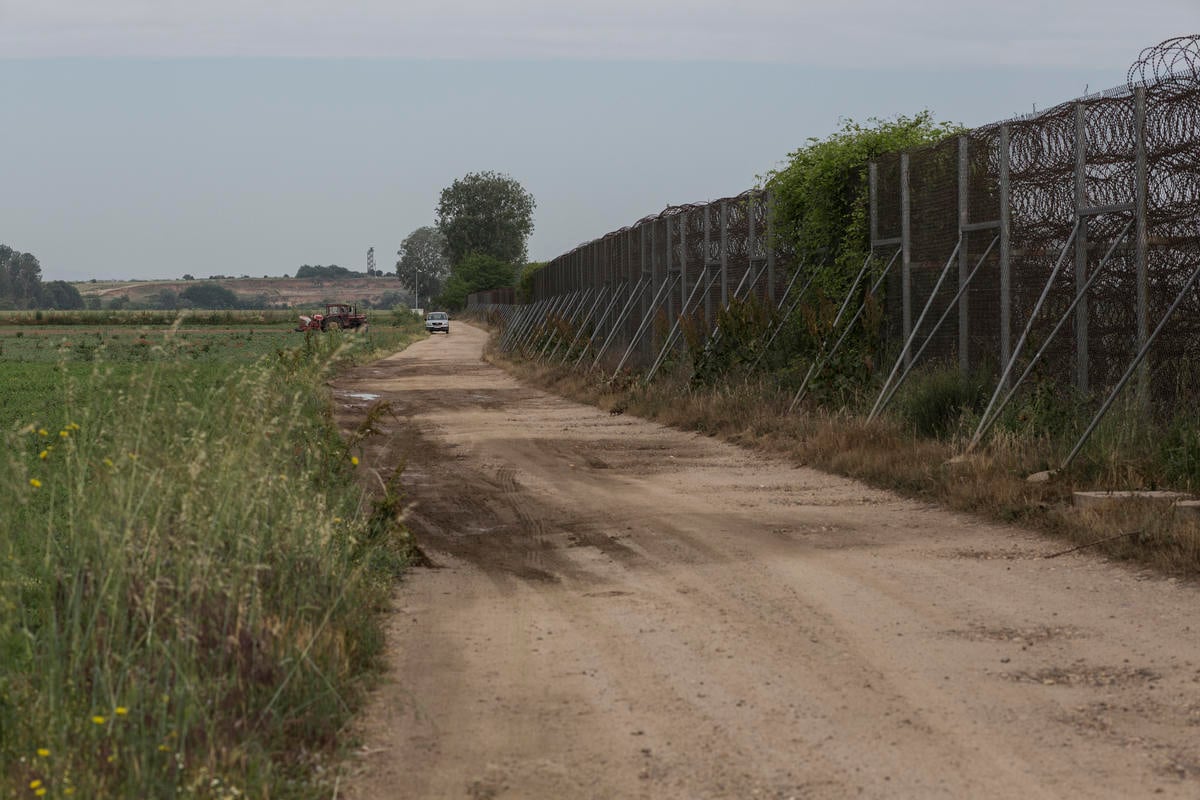Easing the woes of refugees, asylum seekers in St. Petersburg
Easing the woes of refugees, asylum seekers in St. Petersburg

ST. PETERSBURG, Russian Federation, August 29 (UNHCR) - It's known as the cultural capital of Russia, for its "white nights" summer festival when the sun never sets, and most recently for its football club that won the 2008 UEFA Cup final.
But what few people know about St. Petersburg is that, after Moscow, it hosts the largest concentration of refugees and asylum seekers in the Russian Federation.
Most asylum seekers in St. Petersburg and the Leningrad region come from Afghanistan, Iraq and parts of Africa. A few originate from the Commonwealth of Independent States, which gathers nine former Soviet republics.
As of July 1 this year, there were 31 refugees recognized by the Federal Migration Service departments in St. Petersburg and the Leningrad region, and 207 people with temporary asylum status - a form of complementary protection for those who do not qualify for international protection under the 1951 Refugee Convention but can't return home for humanitarian reasons. UNHCR also identified 334 people as having protection concerns before January 28 this year.
Under the current Russian legislation, although asylum seekers and people with temporary asylum status are provided with documents legalizing their stay in the Russian Federation, they cannot easily benefit from social and economic rights without registered residence.
The latter group may register at their place of residence, but like asylum seekers, they have no access to free medical aid (except for emergency aid) and social benefits. As a result, they face serious problems when trying to settle down on their own and adapt in St. Petersburg.
In the absence of a temporary accommodation centre for asylum seekers, they often end up in private apartments and hostels. And without residence registration, they are easily subject to arrest by militiamen and other coercive measures.
To address these problems, the UN refugee agency provides them with legal counselling and assistance in courts, social and psychological counselling, basic medical care, support in integrating refugee children in local schools, small-scale vocational skills training for adults and Russian language classes.
The agency's main partners are the St. Petersburg Red Cross Society and the Centre for International Cooperation of the Red Cross Society (CICRC).
The Society provides social and educational support to urban refugees and asylum seekers in St. Petersburg and the neighbouring regions through its community centre and the women's cultural club. In first six months of 2008, 158 persons - more than half of UNHCR's beneficiaries in the region - visited the community centre in St. Petersburg on a regular basis. Activities such as the women's club, day-care facilities for children, country-of-origin classes, Russian language classes, vocational training and cultural events, have helped some refugees to find their own feet in a strange land.
"I have four children," said Khumaira Zarifi, a refugee from Afghanistan married to a car mechanic. "This year my daughter graduated with honours from school. For the graduation ball, I made a very beautiful dress for her. I learnt to sew in a sewing circle at the St. Petersburg Red Cross. I sew shirts and pants for my younger sons, too. They like to play football, and their clothes always need repair. My sewing skills make a good contribution to our family budget."
A graduate of Kabul University, Zarifi specializes in teaching Dari, one of the main languages back home. "Since 2006, I have worked as a teacher of Dari in the Red Cross Sunday School. I don't want Afghan kids to forget their native language, I want them to learn to read and write."
The CICRC, on the other hand, provides expert legal and social consultations, medical and psychological support. The latter two activities are part of the "Refugee House" project launched in 2005 with co-funding by the European Union and UNHCR. The building for the "Refugee House" was provided by the St. Petersburg authorities.
So far this year, 219 refugees and asylum seekers in St. Petersburg have used basic medical services; 42 children approached medical partners for check-ups; while sanitary materials were made available for all women of reproductive age.
The Red Cross' participatory approach in implementing projects - involving refugees and asylum seekers, non-governmental organizations and city authorities - has paid off. "I am a member of the public council under the governor of St. Petersburg, and chair of the City Commission on Human Rights," said Tatiana Lineva, head of the St. Petersburg Red Cross, and coordinator of UNHCR's project targeting assistance to refugees and asylum seekers. "This helps resolve certain issues emerging during project implementation."
They also work with various refugee groups, as well as the government of St. Petersburg, City Migration Service and the St. Petersburg Ministry of Interior Institute. Over the years, they were able to attract a number of donors to assist UNHCR persons of concern, including the European Commission and Magee WomanCare International.
The Russian Federation is a party to the 1951 Convention Relating to the Status of Refugees and its 1967 Protocol. The country has an established asylum system and the Federal Migration Service was set up more than 15 years ago. The national Law on Refugees was enacted in 1993 and amended in 1997. The law is currently being revised and UNHCR has provided extended comments on the latest draft, which needs to be discussed and approved by the State Duma.
By Vera Soboleva in St. Petersburg, Russian Federation








